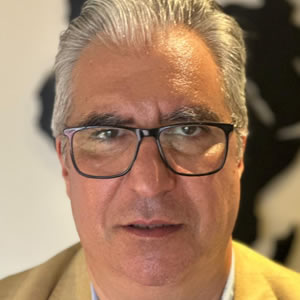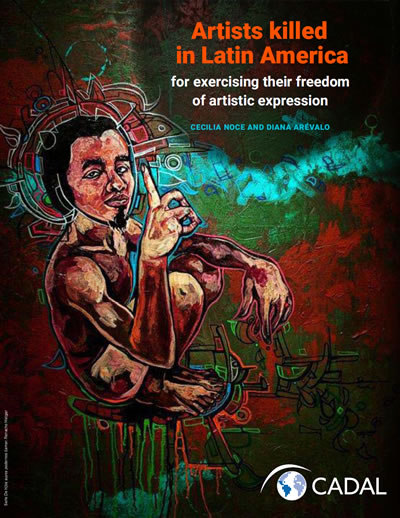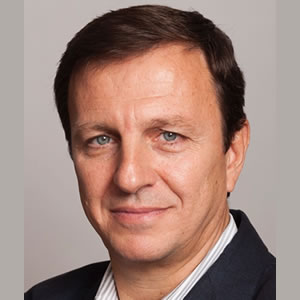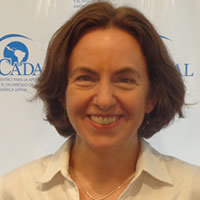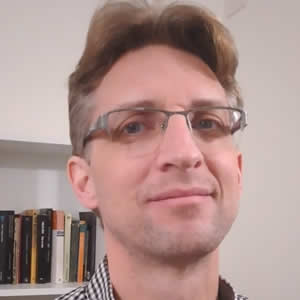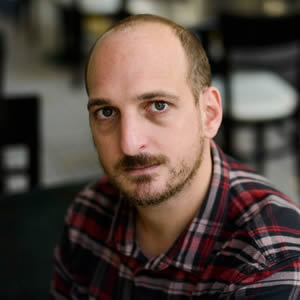
Business and interests: the allies that support Moscow
Not all authoritarian or semi-authoritarian regimes are allies of Moscow, but all Moscow’s allies are authoritarian regimes. When the United Nations General Assembly voted in March to condemn the Russian invasion of Ukraine, only five states opposed it: Belarus, North Korea, Eritrea, Syria and Russia itself. In April, the same organization voted to suspend Russia in the Human Rights Council and this time there were 24 countries that supported the Kremlin. Among others, Cuba, China, Iran, Kazakhstan, Nicaragua, Tajikistan, Uzbekistan and Vietnam joined. And Venezuela should probably also be included, but its right to vote is suspended. All these countries are ruled by dictatorships.
